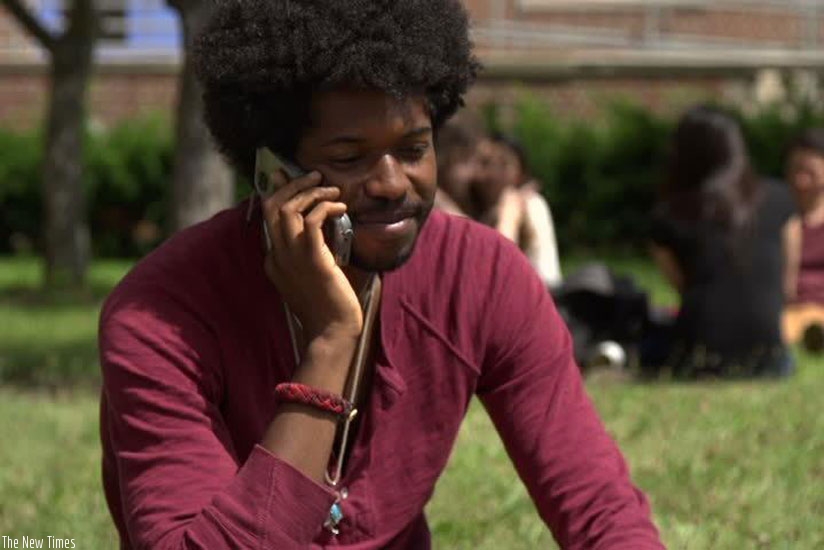Are there any known side effects of using a mobile phone a lot? Dennis


Are there any known side effects of using a mobile phone a lot?
Dennis
Dear Dennis,
Since cell phones have come into widespread use in the past two decades or so, many studies have been conducted on possible health hazards. Mobile phones work through radio waves. Thus keeping mobile phones over the body or holding them close to body for a long time while talking for a long time, carries a potential risk of radio waves being absorbed in body and causing health hazards. The SAR is specific absorption rates of electromagnetic radiation absorbed by the body while using a cell phone and is a measurement of how safe is a cell phone. The safety limit as set by SAR measurements is said to be 1.5 Watts/Kg as in the US. This translates to talking for 6 minutes at one time and about 20 minutes a day. Mobile companies have been asked to display SAR on their phones but not all are complying with it.
The principle risk of using mobile phones is said to increase in cancers, particularly brain tumors. However, some studies refute it. Mobile phones can also cause muscular pains, cancers, dry eyes, glaucoma (increased pressure within the eyes) and damage to brain. Children are more prone to health hazards because of the developing immature body. Researchers also claim that it may cause infertility after long term use. The danger is not only with the mobile phones but towers as well. People living within 50-200meters vicinity of a mobile tower are said to have greater risk of developing cancer, due to greater exposure to radiation.
Mobile phones add to noise pollution, which in turn can cause many health problems like tinnitus, dizziness, reduced hearing, irritability, early fatigue. A mobile phone may pass through many hands and thus become a source of spread of infections like flu, respiratory tract infections including TB and even skin diseases which are contagious.
The best way is to use the mobile phone discretely, i.e, only when necessary and not carry it on your body if possible. It can be put in a bag or purse to be retrieved when needed.
Dr Rachna Pande is a specialist in internal medicine at Ruhengeri Hospital


